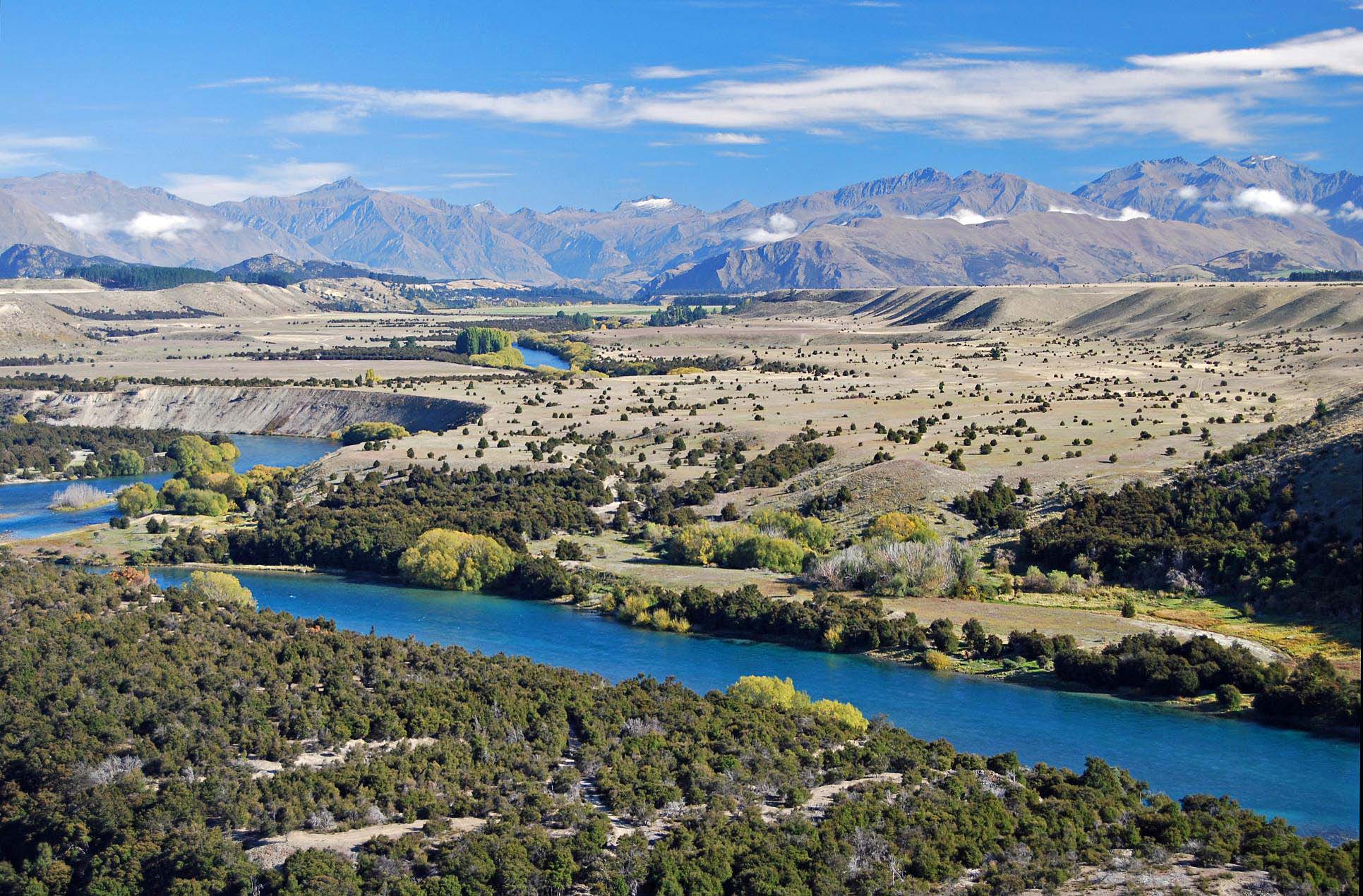It all began with one statement by the mayor of Kaitangata: “We have jobs, we have houses, but we don’t have people.”
Located near the coast of South Otago, the town of 800 has more than 1,000 vacant jobs, according to mayor Bryan Cadagon. “We have got youth unemployment down to two,” said Cadogan. “Not 2 percent — just two unemployed young people.”

Cadogan also told The Guardian, “This is an old-fashioned community, we don’t lock our houses, we let kids run free. We want to make this town vibrant again, we are waiting with open arms.”
Much like a dream come true, the dream was in fact too good to be true. Hopefuls were led to believe that the government would pay for people to live and work in Kaitangata, purely a misunderstanding derived from media headlines.
“People are not being paid to move to Kaitangata and you should not contact the Mayor about it,” the town’s council responded, after this ‘opportunity’ became viral on the internet.
While the mayor isn’t handing out paid relocations, you can still nab yourself a housing or land package for about NZD 230,000, equivalent to some USD 160,000. Most vacant jobs are found in dairy processing plants and freezing works.
With the rising cost of housing and increasing unemployment rates almost everywhere, the quiet countryside doesn’t sound too bad of an idea. Middle Earth is after all, the home of adventure, scenic mountains and Lorde.
And if that doesn’t convince you — this is the kind of delicious Kiwi cuisine New Zealanders eat.





